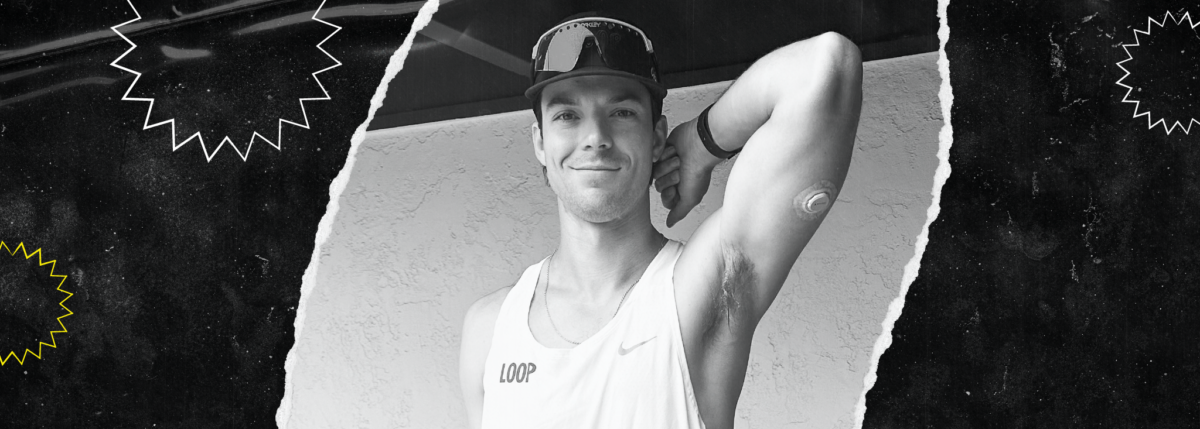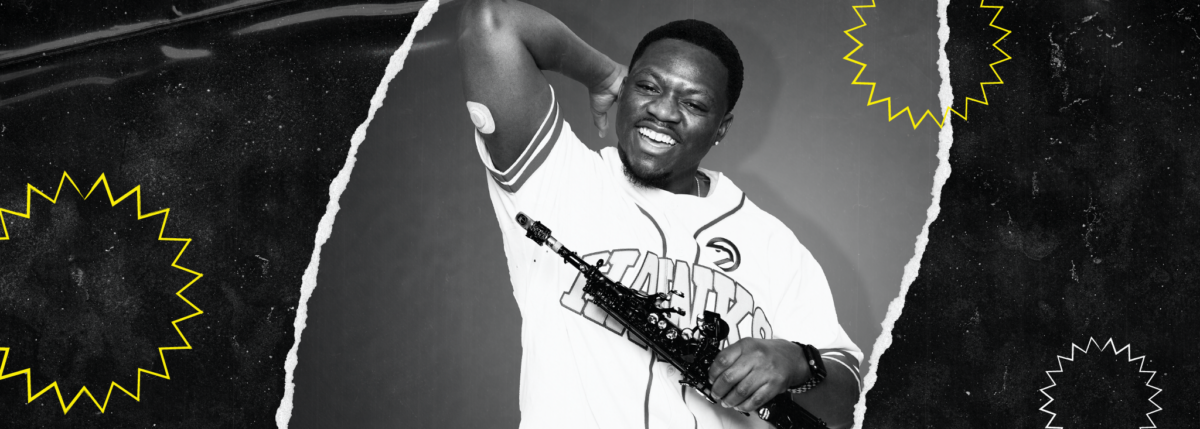My Thyroid Story
Written by: Mary Lucas
5 minute read
June 11, 2017
El día que me sacaron la tiroides fue cualquier cosa menos ideal, bueno... de algunas formas. Me sacaron la tiroides con éxito, pero todo al alrededor de eso no fue tan fácil. Entre urticarias, altos niveles de azúcar en la sangre y el papeleo perdido, sin duda fue una aventura. Pero empecemos por el principio.
I didn’t realize I had Graves disease, because nothing really felt wrong.
Graves is an autoimmune disease that causes hyperthyroidism, a.k.a. an overproduction of thyroid hormones. It results because of an overproduction of an antibody called TSI, Thyroid-stimulating immunoglobulin, that has a similar effect to TSH, thyroid stimulating hormone. TSI antibodies cause the thyroid gland to produce excess thyroid hormone.
You may have heard of Hashimoto’s Syndrome—this is the exact opposite (hypothyroidism and the underproduction of thyroid hormones.)
I was in high school when I was diagnosed. I also have had the autoimmune disease type 1 diabetes since I was 7 years old. Like type 1 diabetes (T1D), the exact cause of Graves disease is unknown, but one of the theories around the onset of Graves is that it surfaces due to stress or an infection. An infection can trigger antibodies that cross-react with the TSH receptor. It is similar to the theory about type 1 diabetes surfaces after an infection.
Before my type 1 diabetes diagnosis, I had strep throat … so maybe it’s true? I was also diagnosed with celiac about the same time I was diagnosed with Graves—I can’t remember which came first—and perhaps the stress of one caused my body to trigger the other.
I do recall being so. hot. all. the. time! I would sweat profusely every single day for no reason—it was actually super embarrassing because no matter what I did, it wouldn’t stop. Heat intolerance is one of the big symptoms of a thyroid problem, so that suddenly all made sense.
I went on methimazole, an anti-thyroid drug, and went about my merry way, not really thinking of my thyroid that much. No one ever explained to me what a thyroid does or why it’s important, so I just assumed it was no big deal. I was pretty wrong.

In January of 2013, my junior year in college, I was in New York City studying at Parsons School of Design, and I went to a new endocrinologist at the Naomi Berrie Center. In her office we talked about diabetes. When I brought up my thyroid, she gasped, reached across her desk and felt my elbows. She stood up and said, “Come with me.” She marched me out of the room and down the hall to the thyroid specialist.
“Look at this girl!” she exclaimed as she busted into the doctor’s office. “She is the PERFECT example of hyperthyroidism! Look at her eyes bulging out, how much she is sweating, her skin is very warm. She should be in front of medical students!” I was so confused as they prodded at me. They pointed out that my thyroid felt enlarged, and explained that you are only supposed to be on an anti-thyroid medication for a few years, tops. After that, if you don’t reverse back to normal, drastic action is required.
Think of your thyroid like a pendulum. Your thyroid should sit perfectly in the middle. Your body needs thyroid hormone to function—the thyroid is the boss, the car engine in your body. The little guy is what keeps your cells moving and healthy, making sure they have enough nutrients and oxygen to keep going. The thyroid hormones help with muscle and nerve function in your heart, your breathing and oxygen usage, body temperature and nervous system. It increases the utilization of nutrients, ensures normal cell growth, and keeps your body’s calcium and cholesterol levels in check. So if the pendulum is stuck one way or another, instead of in the middle, your body gets thrown off. And if you are hyperthyroid, your thyroid is eventually supposed to swing back to the middle. Mine did not.
Back in the doctor’s office, I was nervous. They were talking about radioactive iodine and surgery. Surgery?! Radioactive what?! I left shaken and immediately called my mother to tell her I’d need surgery on my neck or to drink radioactive thyroid poison. I was terrified as I stood in the windy street near the 168th Street Subway Station in Washington Heights. I felt alone and scared. I had never heard of this happening to anyone, except those with cancer. Did I have cancer?!
At home in California, I went to a surgeon at Stanford Hospital who specialized in thyroid surgery. I had decided to get the surgery because A) My thyroid was lumpy and had nodules, and I was worried they were cancerous, and B) because I was only 21 at the time and didn’t want the extra radioactivity in my body. The doctor’s confidence and impeccable record definitely made me feel better; he explained that he would cut right in the crinkle lines of skin on my neck, so the scar would be small. He assured me that my vocal cords wouldn’t be damaged, though of course, that was a risk. All in all, I really wasn’t all that nervous for the actual surgery.
The morning of surgery I woke up covered in hives at 4 a.m. I didn’t know why (usually they result from eating gluten, but I hadn’t had any recently) and I couldn’t take any allergy meds because I needed to have an empty stomach. So I tried my best not to scratch away my skin as we went to the hospital a few hours later.
Once I got into my waiting bed at the hospital, the hives had calmed down a bit. A nurse had put some special socks on me to help my skin splints that had inexplicably also decided to join the party. But I smiled through it as I showed the doctors and nurses my Dexcom Continuous Glucose Monitor (CGM) and explained how to watch it during surgery. My blood sugar was doing okay but I was worried I would go low. I thought, how would they wake me up to get me to eat? (Duh Mary, they would just inject you with something to get you blood glucose (BG) up … but my brain wasn’t thinking too clearly at 7 a.m.) I smiled and waved to my mom and they wheeled me out of the room and down the hall.
All I remember from the surgery were the moments before the anesthesiologist put me to sleep, and the moments after when I woke up groggy to a sea of concerned faces. What was going on? I wondered as they pushed a clipboard towards me and told me to sign my insulin release paperwork, which would state that I wanted to keep control over my own insulin and keep my pump on. I signed it and they looked relieved as the nurse scuttled away. Apparently, this was a document I should have signed before the anesthesia. Oops?
The doctors explained to me that as soon as I was asleep, they found me covered in hives. They gave me a steroid shot, which made my BG skyrocket to the upper 400s, and only after that did they call the endocrinologist. My surgeon had done an amazing job in spite of the other issues. He told me that they had taken the entire thyroid and para-thyroid glands out. He seemed pleased with the cut and size the scar would be, and gave me good tips for recovery. He even said I could leave the next day! Dermatology had other plans though, and kept me for another 48 hours to observe me and show the medical students my weird body.
Recovery from the surgery took awhile. I had to have lots of testing to monitor my thyroid level as they started me on a thyroid hormone, which takes awhile to get to work. I can’t remember a lot of the physical symptoms, only the visual ones, a.k.a. the scar on my neck. Again, I didn’t think a lot about how important your thyroid is.
I didn’t think about it until late 2016 / early 2017. I had been sick with a general cold, but there were days I was so exhausted I could hardly get out of bed, or where I was so dizzy upon standing, I’d almost fall over (among a host of other symptoms). My doctors weren’t doing a great job, and no one told me to check my thyroid levels. For months I continued like this, barely making it through the day. Finally, a doctor mentioned that when you get sick, your body needs extra thyroid hormone to help get it back to normal. Funny thing, that doesn’t happen when you don’t have a thyroid. So guess what? At the time I was actually dangerously hypothyroid—apparently, you should go to the hospital if you can’t get out of bed, or are dizzy upon standing. No one had told me that until now!
Fast forward to earlier this year—it happened again. I got a cold, then the flu, then an infection in my foot because my immune system was so down. I had even been taking my thyroid medicine regularly! But your body needs fluctuate, and sometimes you need more or less thyroid hormone. I ended up then getting too much hormone before finally balancing it out again. My endocrinologist and I work closely now to get my thyroid tested regularly and make medication adjustments as needed. She is the one who first told me, 10 years after being diagnosed with Graves disease, that your thyroid hormone affects your insulin sensitivity! I’m grateful to work with a great doctor now, but the road here has not been smooth. Who would have thought I was at increased risk for other autoimmune diseases with having type 1 diabetes. It’s the trifecta I never wanted, but I am learning to manage!

Author
Mary Lucas
Mary was diagnosed with type 1 in 1998 at the age of seven, and despite having the disease for nearly 20 years, she still approaches each day with a smile and a sunny outlook. She attended Parsons the New School for Design in New York where she studied fashion design with a focus in childrenswear. Now in her role leading influencer engagement, Mary loves connecting our ambassadors to our programs and efforts. She grew up around philanthropy and is passionate about living well with type 1 diabetes (T1D), finding a cure, growing Beyond Type 1 and her French Bulldog Lola! Check out more from Mary on her website and find her on instagram @MaryAlessandraa
Related Resources
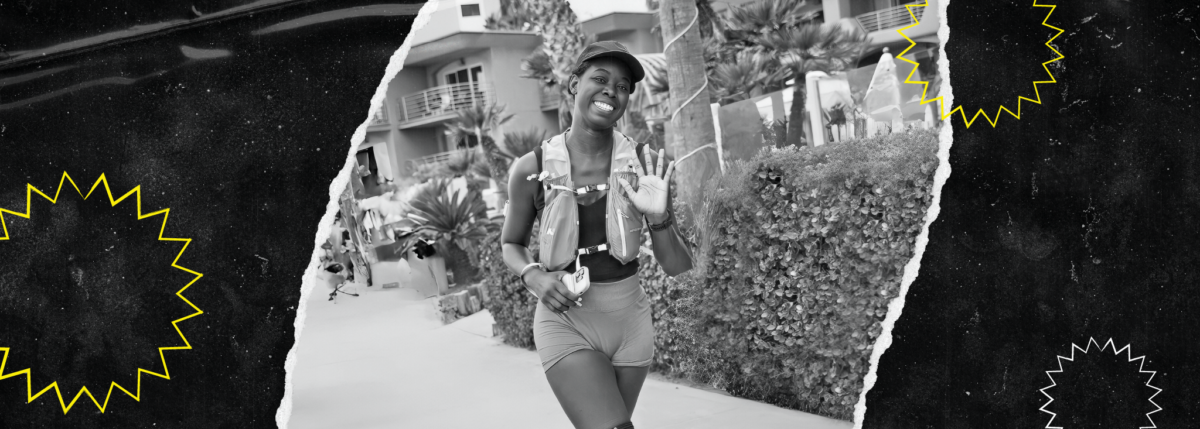
Danica Collins not only prepared for one of the most challenging physical events of her...
Read more
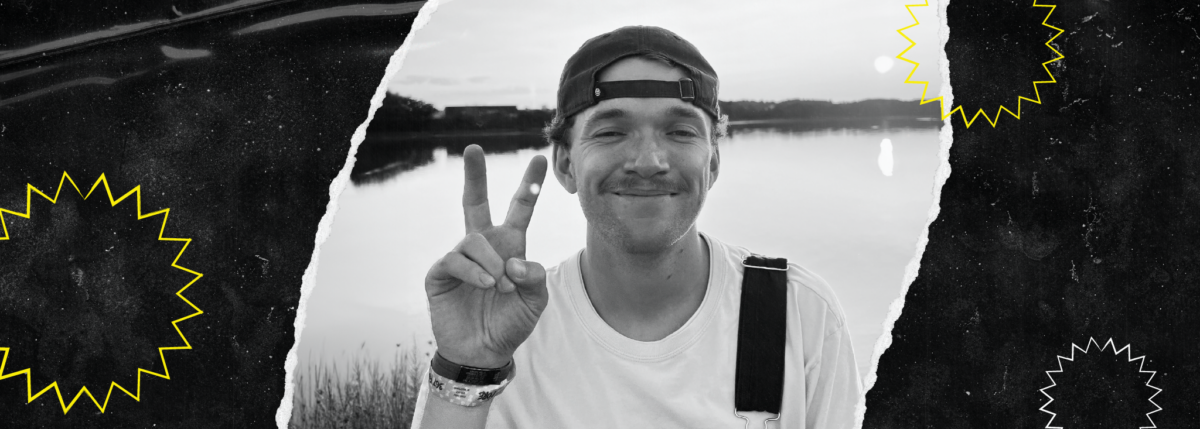
Beyond Type 1 is spotlighting inspiring athletes with type 1 diabetes as they prepare for...
Read more
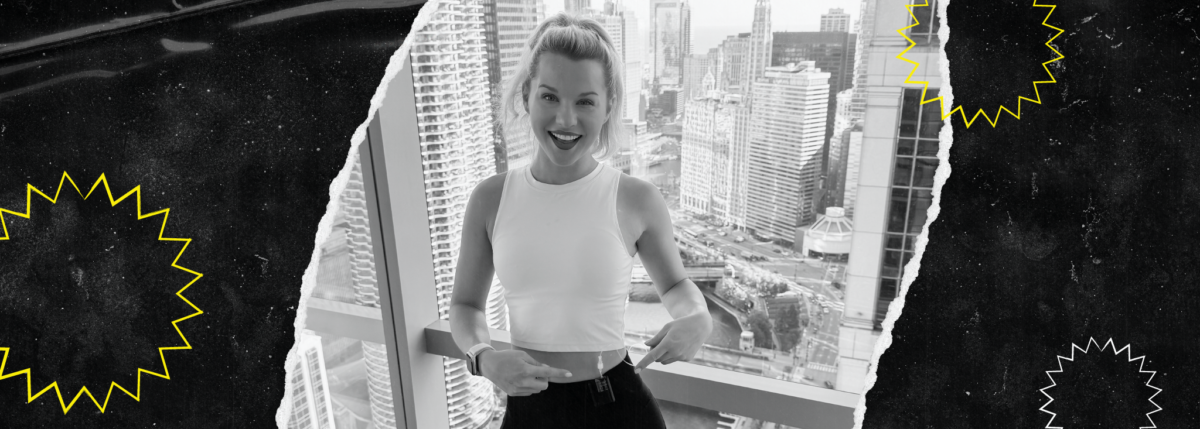
On November 3, 2024, Taylor Rindfleisch of Chicago laced up her running shoes for the...
Read more
